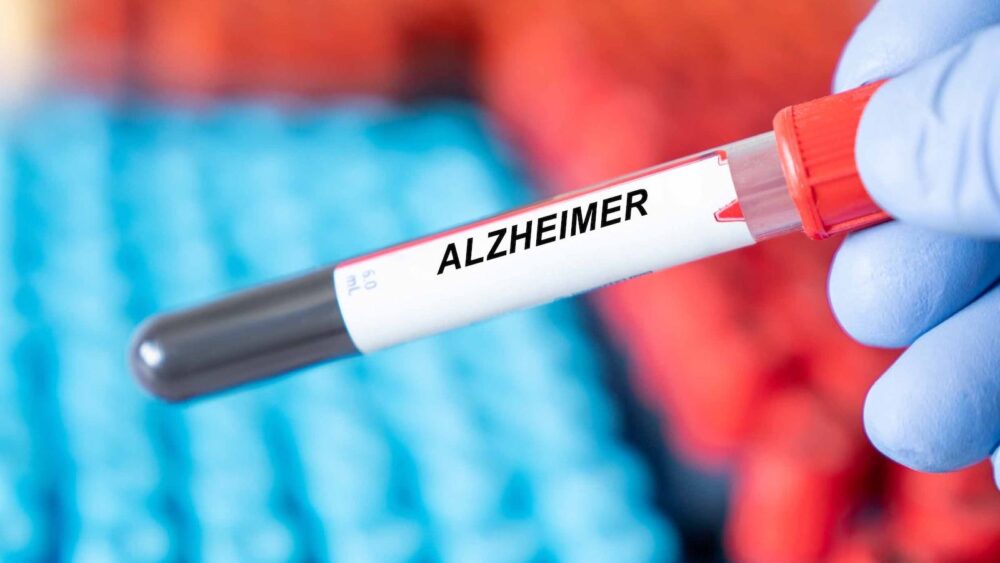Neuroscientists at the University of Pittsburgh have developed a test that can more accurately identify Alzheimer’s disease in blood samples compared to existing methods.
The new test, outlined in a study published in the medical journal Brain on December 27, offers a potential breakthrough in detection.
Alzheimer’s can present as an overabundance of the neuron-supporting protein called tau. Tau is typically associated with brain cells but can also form outside the brain. Critically, the research team developed a test to effectively identify brain-derived tau in the blood. The new method provides an improvement over previous tests.
At present, the U.S. National Institute on Aging and the Alzheimer’s Association support using the amyloid, tau, and neurodegeneration (ATN) method for detecting Alzheimer’s. This method requires the three biomarkers to be identified to generate a diagnosis.
Imaging or cerebrospinal fluid sample analysis are two methods used, but they are costly and resource intensive, according to senior author Thomas Karikari, assistant professor of psychiatry at the University of Pittsburgh.
Cerebrospinal fluid, in particular, requires an invasive and painful lumbar puncture to draw samples, a procedure most people would likely prefer to avoid.
“At present, diagnosing Alzheimer’s disease requires neuroimaging,” but “[t]hose tests are expensive and take a long time to schedule, and a lot of patients, even in the U.S., don’t have access to MRI and PET scanners,” explained Karikari.
Before the latest method was developed, existing blood tests could only detect two of the three biomarkers needed to confirm the presence of Alzheimer’s in a patient. Amyloid and a version of tau were detectable, but until now, not the neurodegeneration markers that are unique to Alzheimer’s.
To detect the final biomarker, the team leveraged a unique antibody that binds to brain-derived tau. The researchers successfully segregated it in blood from what the researchers called free-floating “big tau,” ultimately enabling diagnoses.
The team hopes the breakthrough will improve clinical trial design, expanding enrollment to people from traditionally underserved communities. The researchers plan to complete large-scale testing for brain-derived tau in a broad and diverse population of participants.
Karikari stressed that there is “a huge need for diversity in clinical research.”
“To develop better drugs, trials need to enroll people from varied backgrounds and not just those who live close to academic medical centres,” he continued. “A blood test is cheaper, safer and easier to administer, and it can improve clinical confidence in diagnosing Alzheimer’s and selecting participants for clinical trial and disease monitoring.”
Roughly 6.5 million Americans live with Alzheimer’s disease, of which 400,000 reside in Texas.
Obesity, one of the largest health problems in Texas as well as the nation, is the top modifiable risk factor for Alzheimer’s and other dementias.
At the current rate, without a cure, the United States is projected to have 12.7 million Americans with Alzheimer’s by 2050, according to Texas Health and Human Services.


